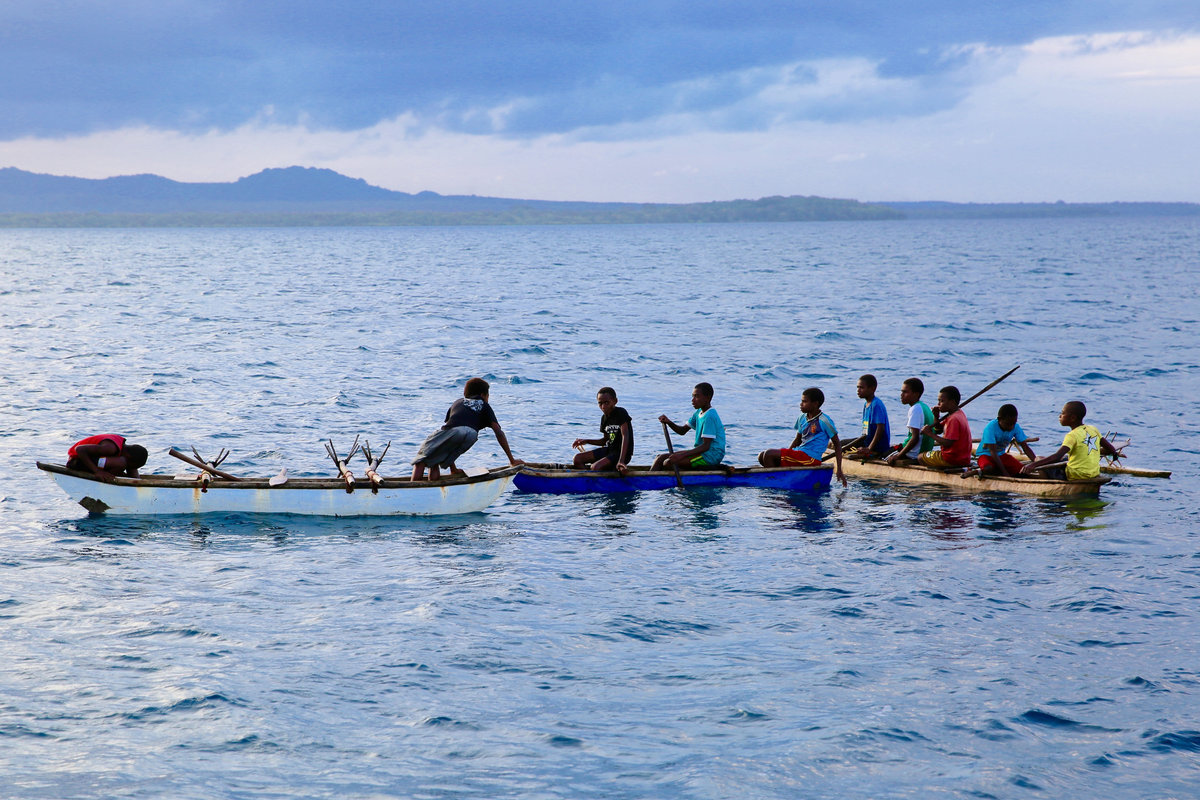The OP asked about Polynesians, so I answered in terms of why Polynesians didn't colonise Australia. This is a question about why the historical pattern of Polynesian migrations turned out the way they did, not about whether Polynesians could hypothetically have colonised parts of Australia. It's perfectly possible to construct scenarios where they did - such as the various islands off the coast in the Great Barrier Reef, for example.I don't think it matters that they weren't Polynesians, any generic argument that uses historical patterns to justify a belief that something AH-related is possible or not can't be "immune" to someone using similar historical patterns or events, the argument wasn't even specific to Polynesians so I'm not sure why what I point out was so irrelevant given it's the closest pertinent example for Polynesians.
If discussing why other Austronesians didn't colonise Australia in OTL, the answer seems to be that the parts of Australia where they did have contact - the northern fringe, basically - were not that well-suited to their crops and were among the areas very well suited to Aboriginal peoples' land management and other inhabitation strategies, so they didn't have the interest and/or the capacity to colonise it.
Distance was a factor, probably, but given that the distance was much less than some areas where Polynesians did travel, it can't have been the *only* factor.Anyway, it seems to me that distance was the biggest barrier. Also something interest, Vanuatu was first settled by Polynesians but over time it became mor Papuan genetically:
This could be a signal that maybe Polynesians would have difficulty competing with Papuans in the island but ideally someone that actually knows about the crop package and subsistence strategy of both groups could make a better analysis.
I'd be interested if there's more details about what happened in Vanuatu. One possibility could be that founding Polynesian populations were often quite small - they clung to the coast of New Caledonia for quite a while, for example - so it might be that if they've shown there's somewhere worth settling, more Papuans followed them.

